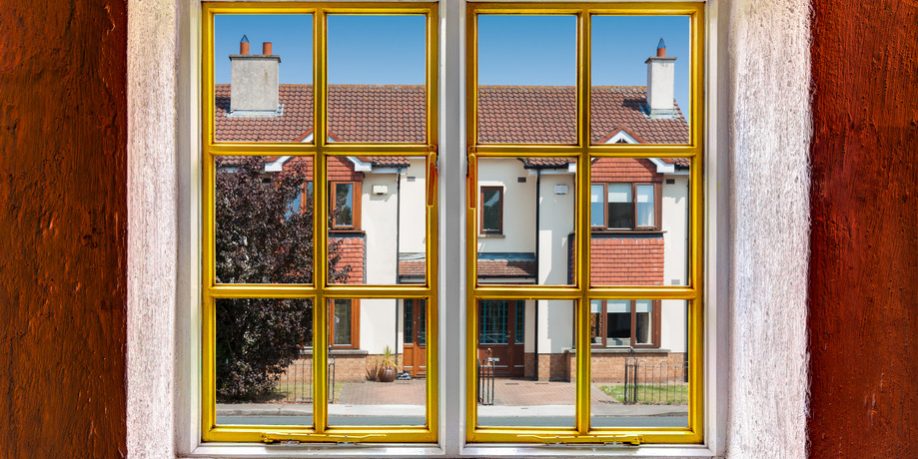You’re preparing for a major construction project and think you have all of the necessary affairs in order, but have you stopped to consider the importance of dilapidation and condition reports? If not, you’re overlooking a vital part of protecting yourself and reducing the likelihood for liability disputes in the future. By investing in dilapidation and condition reports before a building project commences, you’re able to document any existing damage or defects in neighboring buildings so you’re not held liable for them in the future.
What are Dilapidation and Condition Reports, and Who Should Obtain Them?
In short, anyone who’s planning a major construction project should make a point of securing thorough dilapidation and condition reports. In most cases, the builder in charge of carrying out the project will not as a default secure these reports; it’s the responsibility of the property owner. So, if you own property you’re planning to develop, it’s always a good idea to invest in inspection reports documenting the condition of any nearby structures which may be affected by your project. In some cases, you may be required by law to secure these inspections. Even if you’re not legally bound, however, this can be one of the most cost-effective and efficient ways of avoiding disputes with the potential to end in litigation.
A dilapidation and condition report is, essentially, a comprehensive document detailing any existing structural defects or errors in buildings surrounding your property before work begins. After your project reaches completion, the same neighbouring structures will be inspected again to determine the presence, or lack thereof, of any new damages or faults. This provides the single most accurate snapshot of your project’s impact.
What You should Know About Dilapidation and Condition Reports
As a property owner, you’re responsible for securing the reports you need to protect yourself, your project and your investment. With so much riding on your reports, it’s vital to work with qualified and experienced professionals who have the expertise necessary to carry out the job properly. Working with a professional building inspection company which specialises in dilapidation and condition reports is an important part of the entire building process. A professional building inspector is a thoroughly neutral third party with no vested interest in the findings of a report, so you never have to worry about a conflict of interest leaving you open to disputes in the future.
Don’t leave your financial and emotional wellbeing up to chance. Contact a professional building inspection company before beginning your major construction project, and protect yourself from the stress of future disputes.
Houspect Building Inspections– Buy, Build, Invest and Sell with Confidence







